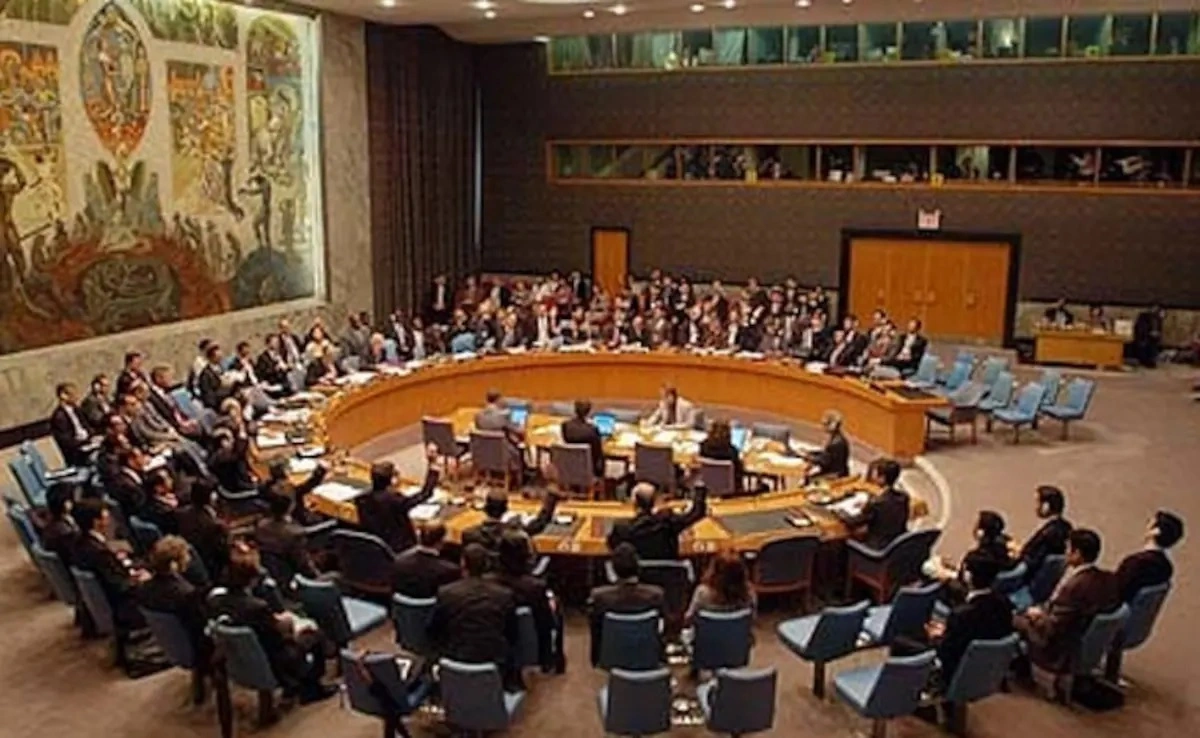
UN Report Warns Afghanistan Emerging as Hub of Cross-Border Terror Threats
UN report warns of rising TTP attacks from Afghanistan and growing regional terror threats, rejecting Taliban claims of eliminating militants.

UN report warns of rising TTP attacks from Afghanistan and growing regional terror threats, rejecting Taliban claims of eliminating militants.
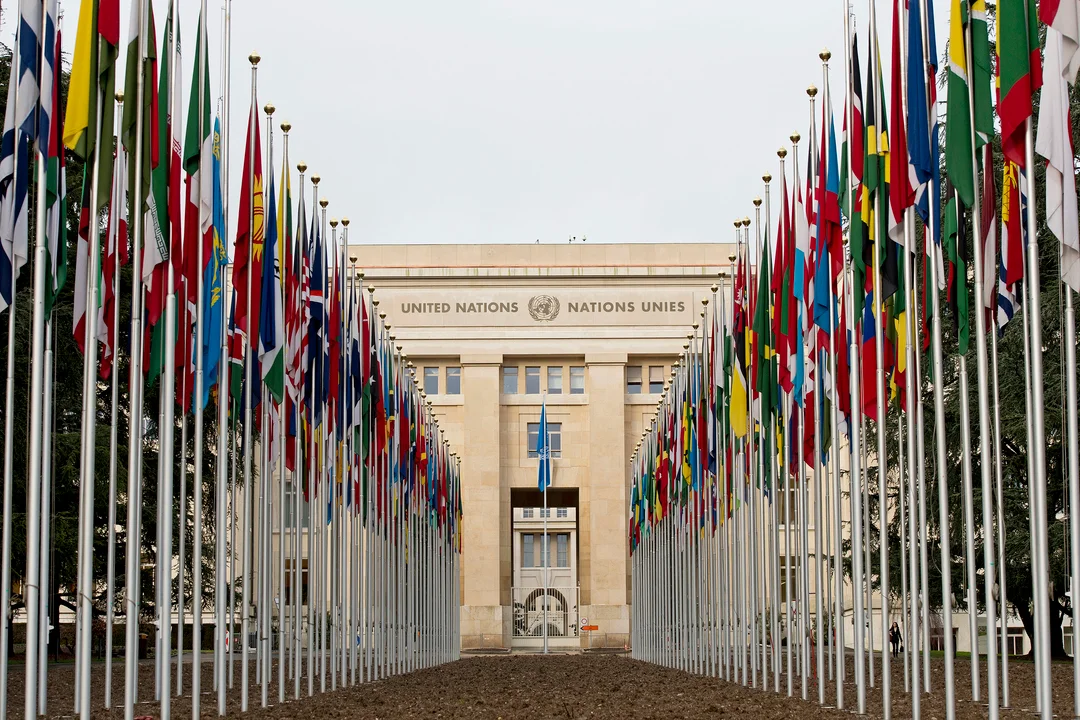
UN Security Council renews Taliban sanctions monitoring as Afghanistan remains a hub for international terrorist networks.
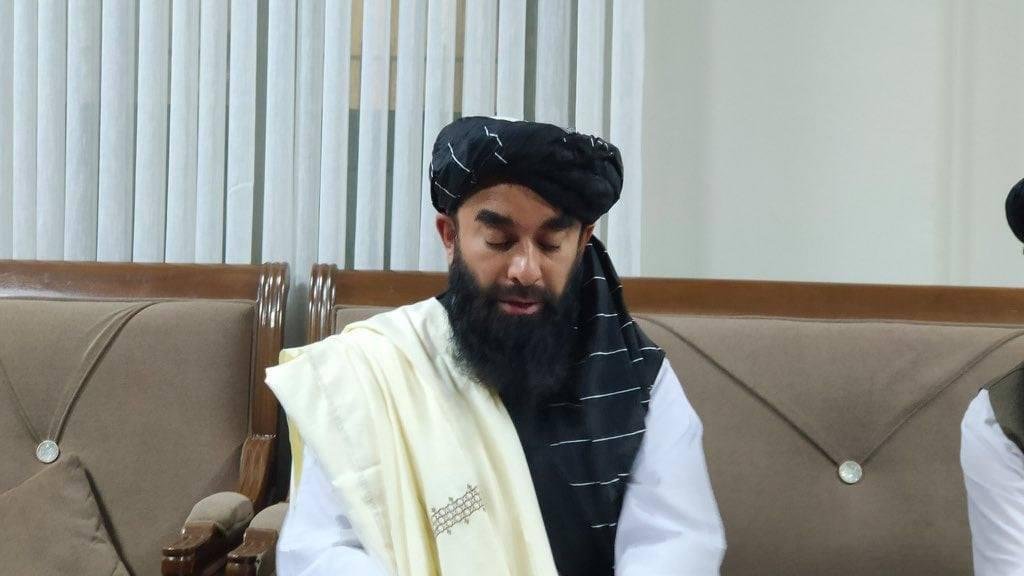
Analysis of Taliban claims versus UN findings, examining sanctions, militant presence, and Afghanistan’s regional security impact.
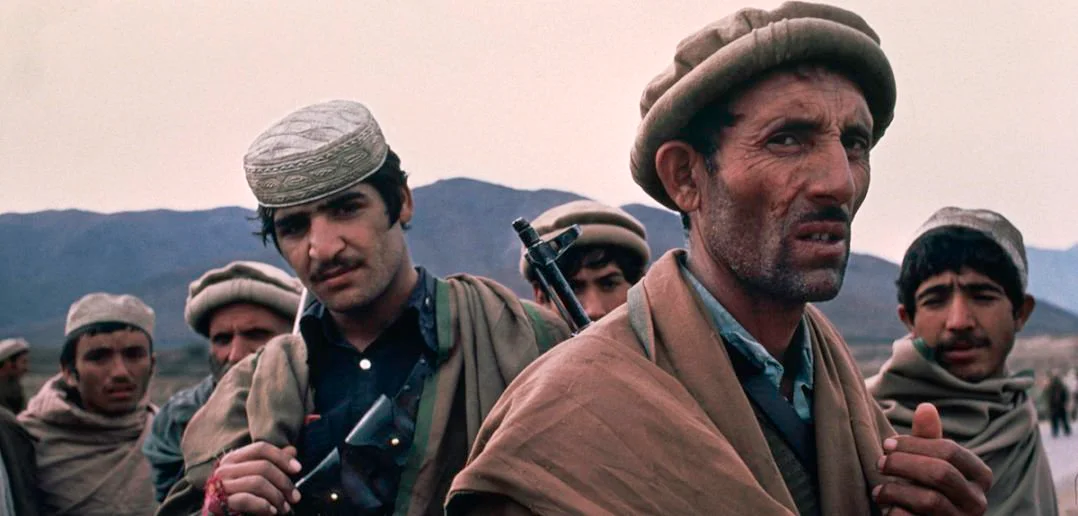
Afghanistan has historically been a mosaic of ethnic identities rather than a homogenous nation-state. Pashtuns constitute roughly 40–45% of the population, followed by Tajiks (25–30%),
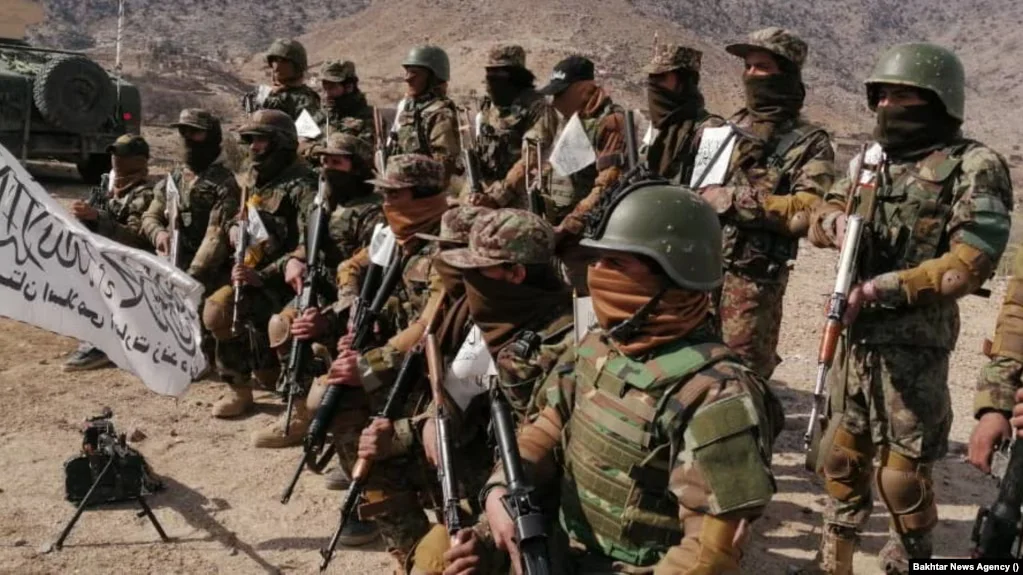
Afghanistan’s north fuels cross-border militancy, drone attacks, and drug trafficking, prompting CSTO, CIS & SCO security action.
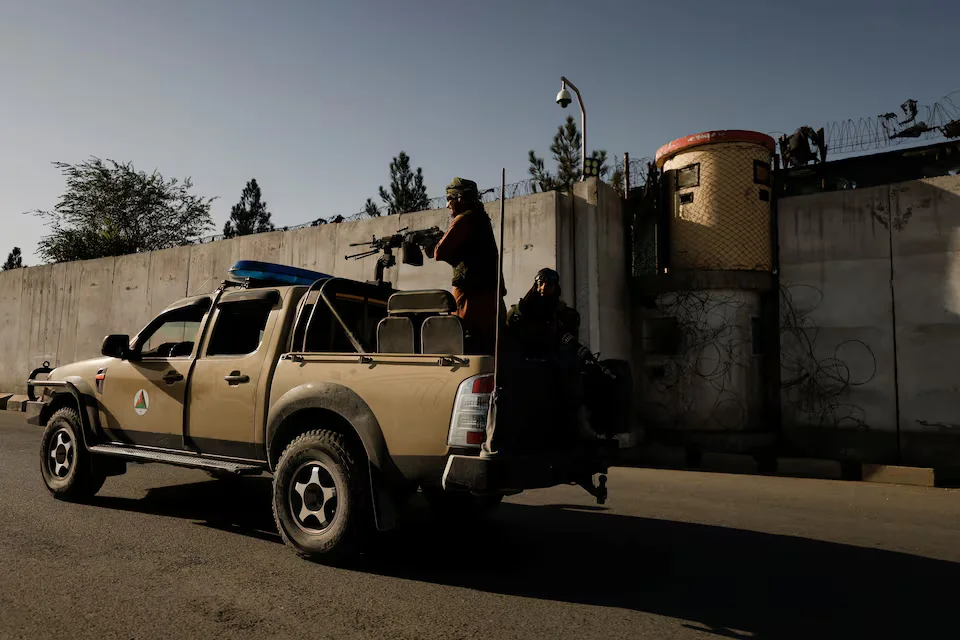
The Taliban’s criminal procedure code institutionalizes gender and ethnic discrimination, suppresses dissent, and replaces accountability with status-based authority, marking a profound regression from Afghanistan’s legal and social norms.

The Taliban’s new Criminal Procedure Code formalizes a four-tiered justice system that shields clerics and elites while subjecting ordinary Afghans to imprisonment and public flogging. By codifying social hierarchy into law, the regime violates international human rights norms and subverts Islam’s foundational promise of equality before the law, turning justice into an instrument of control rather than accountability.
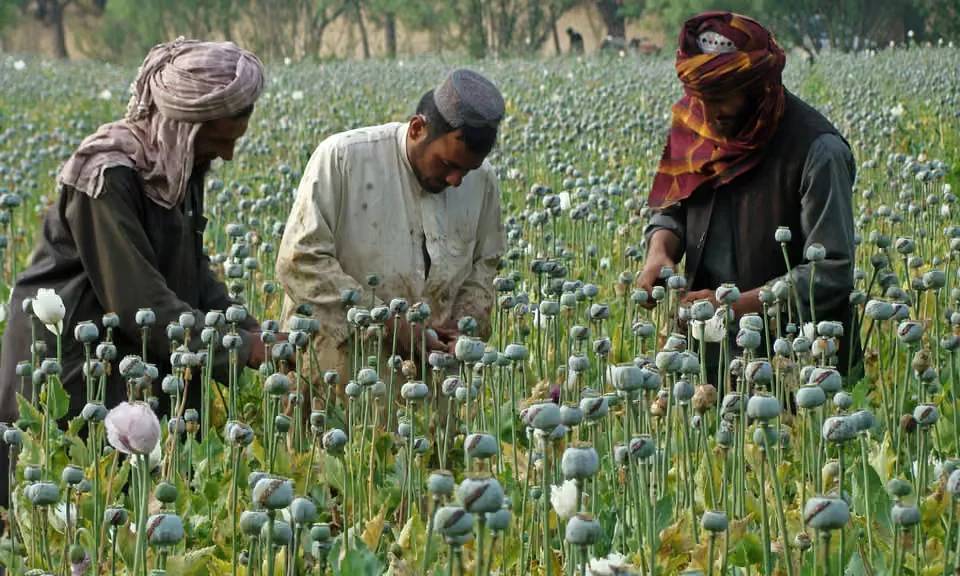
The 2025 Turkish Drug Report reveals that Afghanistan has not exited the global narcotics economy under Taliban rule but has instead transformed it. Through controlled poppy cultivation, exploitation of stockpiles, and rapid expansion into synthetic drugs, Afghanistan continues to shape global drug supply chains, prices, and security outcomes.
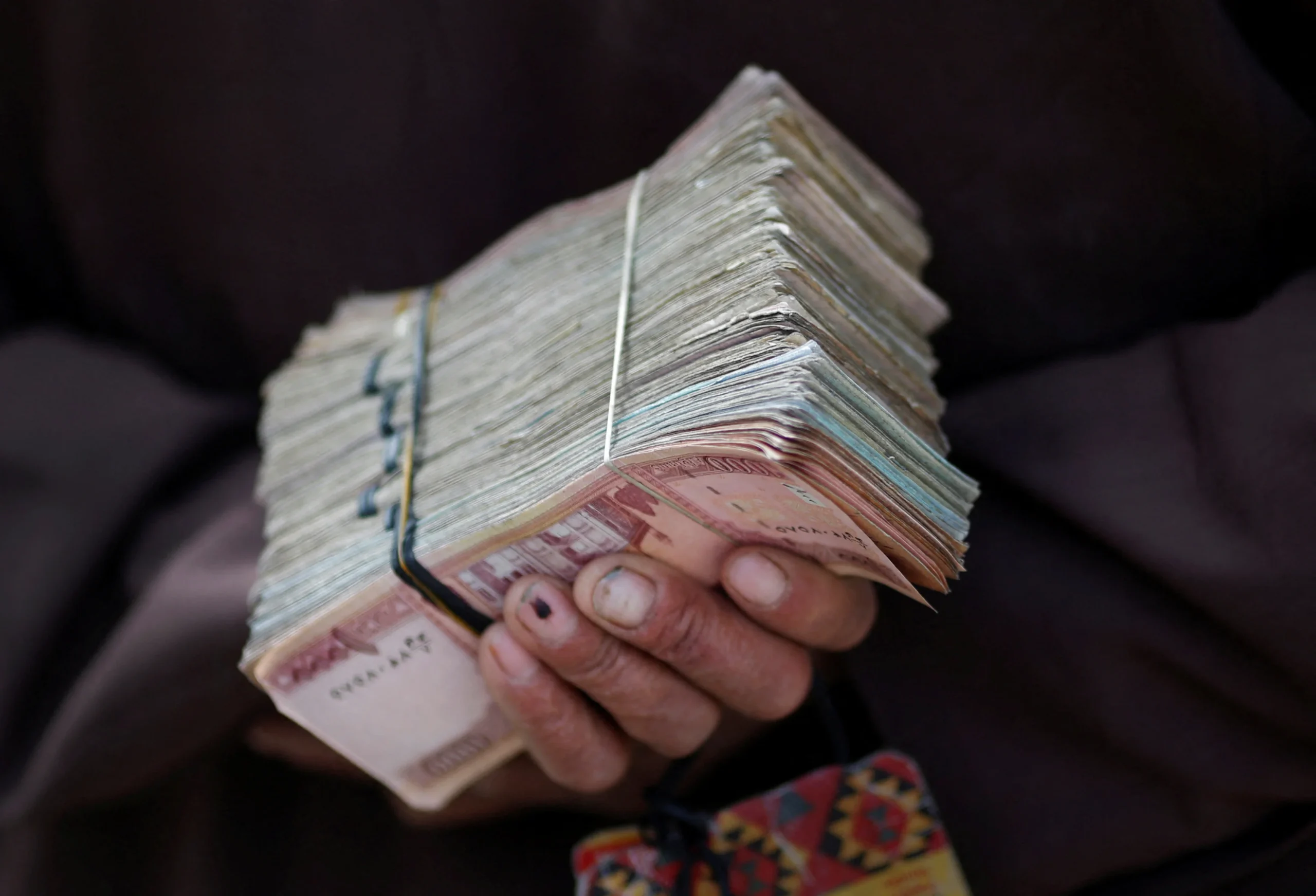
Afghanistan’s post-2021 economic model reflects a sharp break from the aid-backed past, defined by informality, fiscal fragility, and regional economic isolation under Taliban rule.
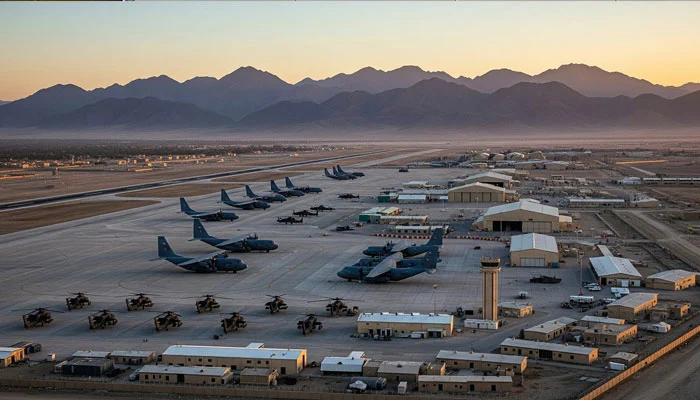
Sources suggest the Taliban has offered immediate access to Bagram Airbase for potential strikes against Iran in exchange for continued U.S. aid. Beyond military leverage, the offer underscores Afghanistan’s acute humanitarian crisis and the Taliban’s reliance on external support, highlighting the complex interplay between strategy, politics, and survival in a fragile state.